Everything you need to know about the social media age ban in Australia
Historic new laws have been passed to ensure Australians under 16 are banned from social media such as Facebook and Instagram. Here’s how the ban will work.
National
Don't miss out on the headlines from National. Followed categories will be added to My News.
The passage of the social media age ban – otherwise known as the Online Safety Amendment (Social Media Minimum Age) Act 2024 – has been heralded as world-leading legislation that will make a real difference to young Australians.
Here’s what we know about how it will work.
When will the ban come into effect?
One year from now. A review will be conducted two years on from then.
What sites are affected?
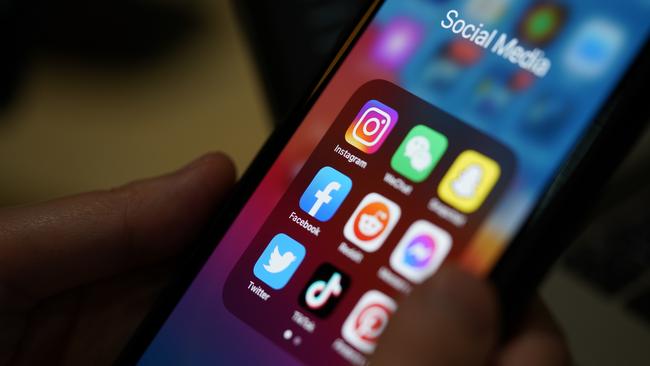
Individual social media sites are not identified, but the law states it will apply to sites that facilitate online interaction, where users can post content. The Communication Minister will have the power to determine which sites are covered by the legislation. While it is safe to assume Facebook, TikTok, Instagram, Blue Sky, Mastodon, Reddit, Threads and X will be covered, it is currently unclear whether YouTube and Snapchat are included.
Are gaming sites included?
Online video games with a social networking element such as Minecraft, Roblox or Fortnite are not expected to be part of the ban, although some critics say that could be changed by a future ministerial determination.
What do the social media companies have to do?
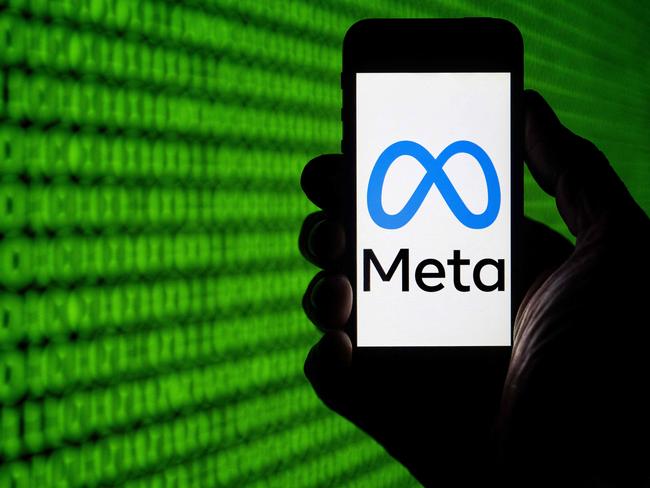
Currently, social media sites such as Facebook, TikTok and X require users to be at least 13, but this law means nobody under the age of 16 will be able to open an account. If they don’t take reasonable steps to ensure age verification happens they could face fines of up to $50 million.
What age verification will be needed?
While items like driving licences, passports and Digital IDs will be acceptable forms of proof of age, the legislation stipulates that the social media companies must provide other methods of age verification, as well. Technology like facial-age estimation is likely to be offered as an alternative source of proof. The law stipulates that social media companies must not use information collected for age assurance purposes for any other purpose. Stiff penalties apply.
What happens if underage people do access these sites?
The onus is on the owners of the social media platforms to restrict access to people aged 16 and above. If kids do access the sites, no penalties apply to them, or their parents or carers.
What about existing young social media users?
The ban will apply not just to new users, but all users. That means a person under the age of 16 who currently has an Instagram account will likely lose access to it by the time the ban comes into effect.
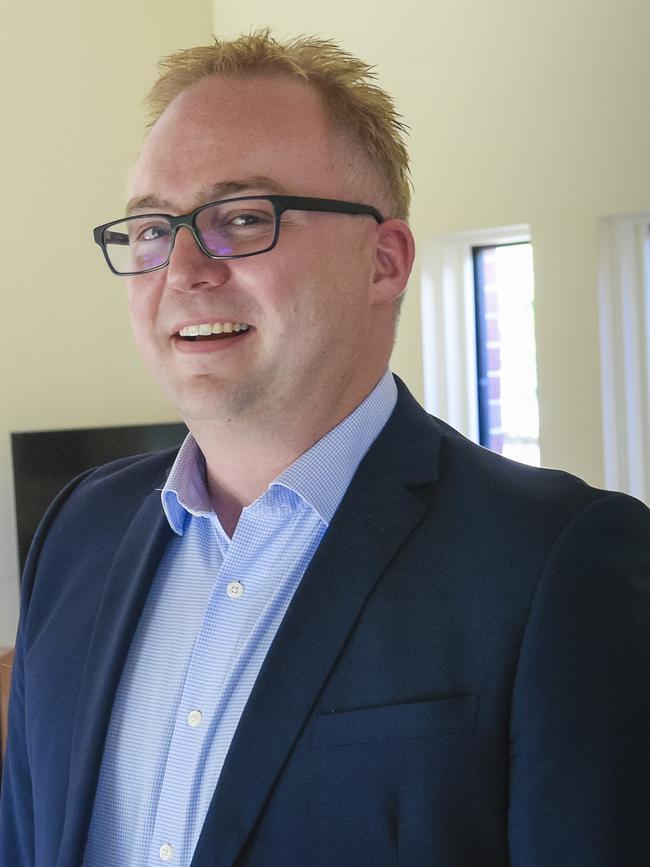
Why is an age limit needed?
Studies have shown that social media usage can lead to poor mental health in teens, particularly eating disorders and body image problems.
News Corp’s “Let Them Be Kids” campaign, which called for a minimum social media age of 16, revealed massive increases in rates of anxiety, depression and eating disorders among Australian kids.
Dr Simon Wilksch, a Senior Research Fellow in Psychology at Flinders University, said his work with young people aged 11-13 has shown a link between eating disorders, and the amount of time they spend on social media.
“At our clinic, I hear countless reports of harmful impacts of social media in starting or exacerbating concerns about appearance, food, and exercise, as well as the exhausting challenges that parents are up against in managing their child’s social media use,” he has said.
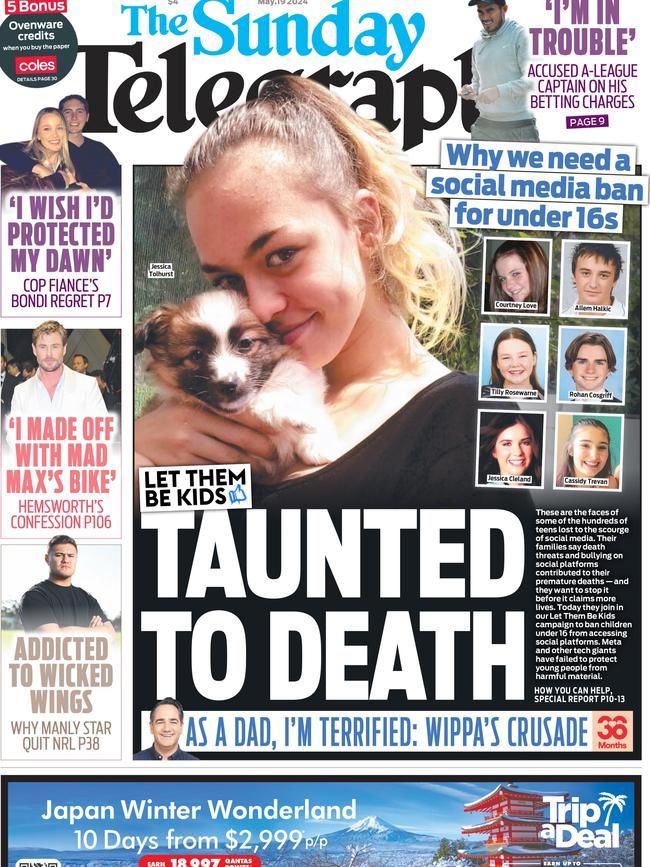
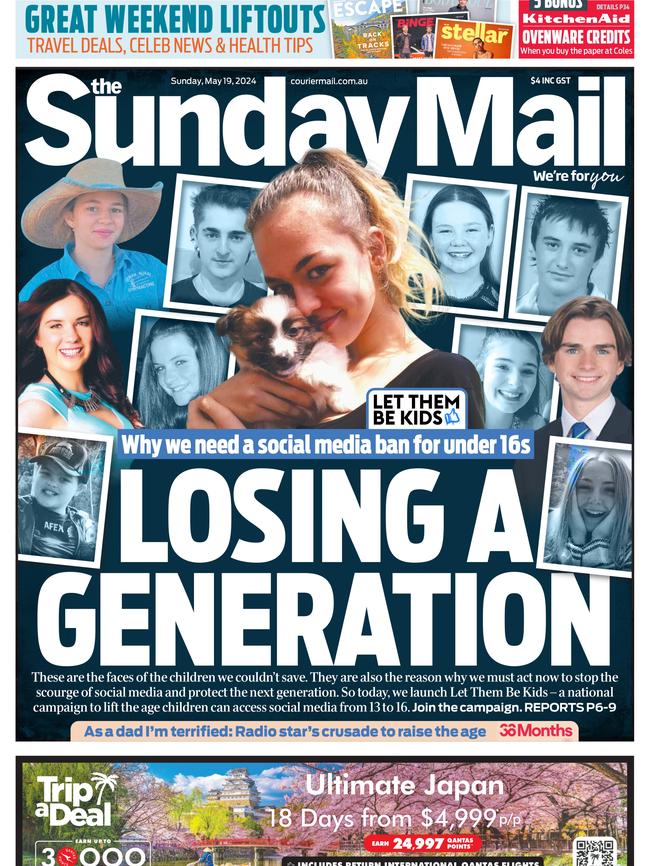
Experts say why age limit must be 16
Experts who back the government’s plan to impose age limits on social media say there are sound reasons why the age should be set at 16, and no earlier.
Dr Simon Wilksch said he knew of “no evidence that social media is safe for children under 16”.
Currently, social media sites such as Facebook, TikTok and X require users to be at least 13, but this was based on a 1998 US data collection law, rather than evidence it was safe, he said.
“Early to mid-adolescence is a time of the brain seeking out social rewards, where sensitivity to attention and approval from others escalates,” Dr Wilksch said.
“At the same time, emotion regulation abilities are underdeveloped. Thus this is a particularly risky time for a young person to be exposed to social media, with increased risks for their mental health,” he said.
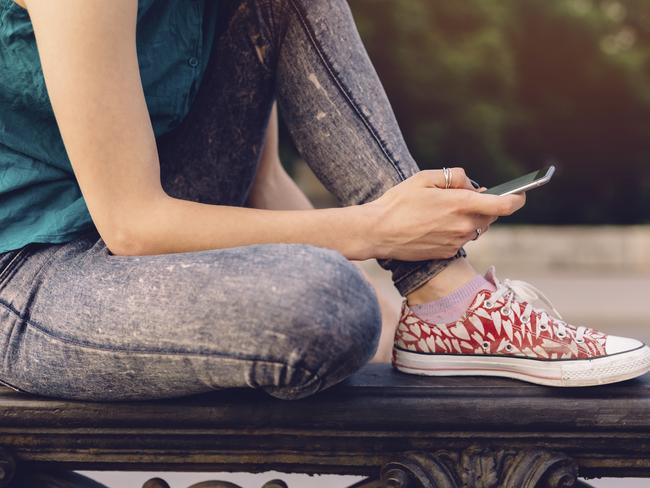
Neuroscientist Professor Selena Bartlett from Queensland University of Technology said the teenage brain was vulnerable because it was “a period of neuroplasticity”.
“The child’s brain is developing an adolescent brain,” she said. “(It’s) open for impulsivity and poor decision making – i.e addiction. The brain is not fully developed until 22 for girls and 25 for boys.”
A global study published in Lancet Psychiatry last month found indicators of youth mental health had declined dramatically around the world in the past two decades, and the “peak onset age” for mental illness is 15.
While the authors of the study, headed by Professor Patrick McGorry, were cautious in their assessment of social media, they concluded it was “potentially potent” and “action is urgently needed to regulate this potential source of harm”.
A study from the ANU released on Tuesday found students in Year 10 and Year 11 who used social media reported lower levels of life satisfaction.
Do other countries have similar rules?
Jurisdictions around the world are responding to the unintended harms of social media. The European Union, the US, South Korea, India and Brazil all have age-limit rules in place, or are planning to introduce similar rules.
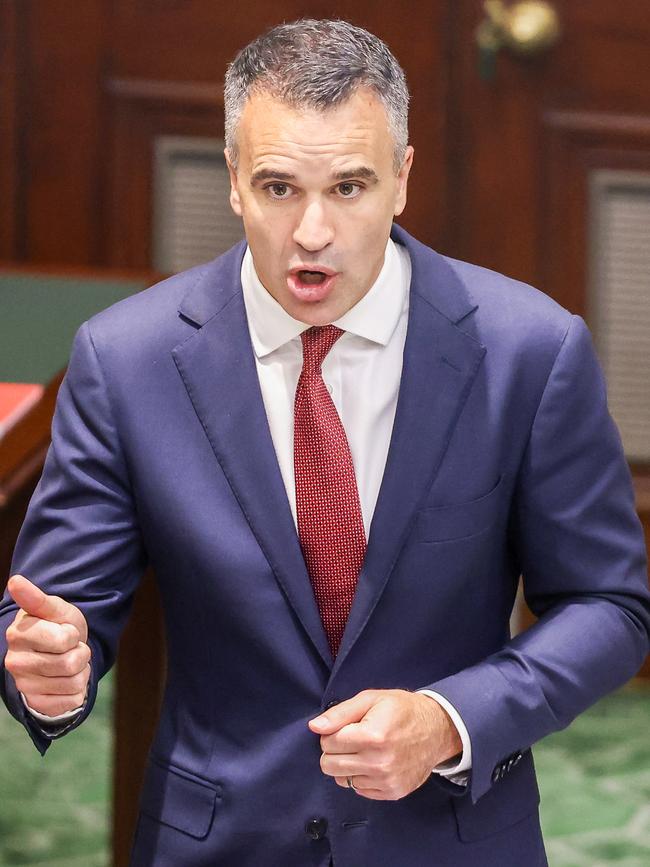

Could there be problems?
Covert usage: Some experts believe an age limit ban could prompt some teenagers to access social media in secret, and not speak to their parents if they find troubling content online. But others say that this is not a reason to not do anything. South Australian Premier Peter Malinauskas likened the age ban to restrictions on young people buying cigarettes or alcohol. “When a product or service hurts children, governments must act,” he said.
Throwing out the good with the bad: Most experts point out that while social media can be extremely harmful, it can also be a force for good. “(Social media) supports (young people’s) civic engagement, helps them to make and maintain friends, to pursue interests, connect with far flung family and more,” said Associate Professor Tanya Notley from Western Sydney University.
One option the government might choose in light of this is to ban social media outright for kids under 14, but make it subject to parental consent for those aged 14 and 15.
More Coverage
Originally published as Everything you need to know about the social media age ban in Australia




